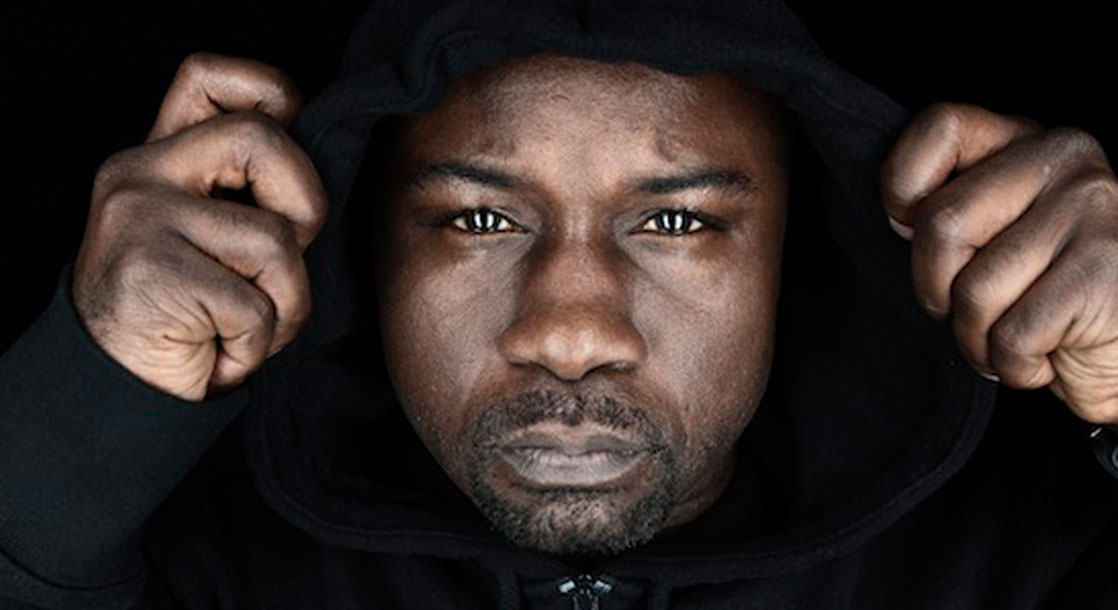Cover image via
New York expects to collect over $1.25 billion in weed taxes during the first five years of adult-use sales, according to a new estimate included in Governor Kathy Hochul’s executive budget.
Although the Empire State’s adult-use law has already been in effect for nearly a year now, regulators have delayed legal sales until the end of 2023 at the earliest. But even though pot shops may not be able to fully open for business next year, the state still expects to collect $56 million in licensing fees in 2023. When sales fully kick off in 2024, tax revenue is expected to reach $94 million, and that figure is predicted to grow annually until it reaches a peak of $363 million in 2028.
Earlier this month, Gov. Hochul announced that some of this initial tax revenue would go to fund a new social equity program. This $200 million fund, which is partially backed by private capital, will provide financing and training to help minorities, women, veterans, and members of marginalized communities start cannabis businesses. State Sen. Jeremy Cooney (D-Rochester) has also proposed a bill that would also make LGBTQ+ people eligible for this program.
In addition to funding the social equity program, the state also plans to invest the majority of its weed taxes into social services. Forty percent of the 9 percent adult-use excise tax will go to fund the state’s public schools, 40 percent will go to community reinvestment programs, and 20 percent will go to drug treatment programs.
Legal weed sales will also be hit with another 4 percent tax that will go to cities, towns, and counties that allow adult-use businesses to operate in their jurisdictions. Like other adult-use states, New York allows individual municipalities to locally ban legal weed companies, but over 60 percent of localities have opted in to the legal pot market. Each municipality is free to utilize this 4 percent tax in any way it chooses, but Rochester’s new mayor has already announced plans to use this revenue to fund a universal basic income program.
This year, the state budget calls for $46 million to fund its new Office of Cannabis Management, which is slowly working to draw up regulations for legal sales. OCM spokesperson Freeman Klopott told CNHI that the agency is working “as fast as possible while also making sure we do it the right way and create equitable opportunity where other states have failed.”
Industry stakeholders are encouraging lawmakers to find a way to move the process along even faster, though. State Sen. Cooney has drafted a bill that would allow the state to issue conditional licenses to cannabis cultivators. These licenses would allow farmers to plant, harvest, and sell weed until the state finally gets around to finalizing its regulations. If New York does find a way to launch sales earlier, regulators may well be able to collect more than $1.25 billion in pot taxes over the next five years.
Of course, the current estimates are only a prediction, and history shows that some states have been way off on their initial tax predictions. In California, for example, officials predicted that they would see $1 billion in adult-use tax revenue during the first year of legal adult-use sales – but only collected $345 million. And in 2019, the second year of sales, the state still only nabbed $817 million. But Arizona’s brand-new adult-use industry has already sold $1.2 billion in its first year of sales, bringing in around $200 million in tax revenue, much more than the state predicted.











